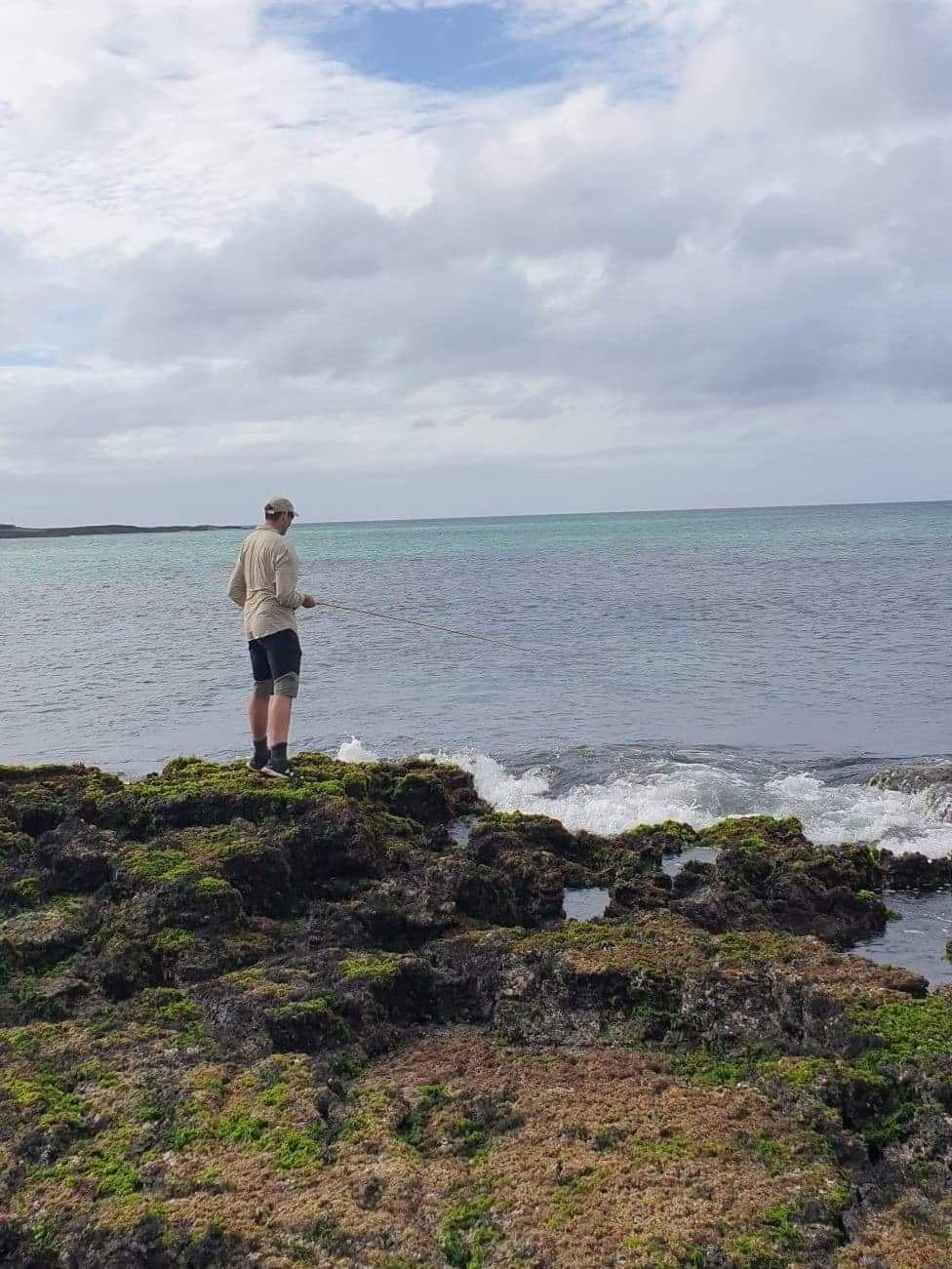There is no need to purchase expensive or dedicated saltwater flies for saltwater fishing.
For occasional use traitional freshwater trout streamers are just as effective in fooling saltwater pelgaics and reef fish as they are in catching that wary brown trout.
I have been saltwater fly fishing nearly as long as I have been a trout fisherman. Time and time again my most reliable saltwater flies are the same as the ones I use in freshwater.
These are the wooly bugger, grey ghost and the rabbit strip fly. Just simple, proven time tested patterns. Unless you are throwing large flies there is no need to get fancy.
Same patterns with slight modifications
Stronger hooks
Now, as the target species get larger, and the fights stronger then there is a corresponding need to upscale the flies and hooks accordingly. So, yes. Stronger and larger hooks are often required. I personally like tying my saltwater decldicated flies on gamakastu hooks.
It is asking a bit much to expect to fight a hard pulling tuna on a #8 freshwater timeco. Although, such a freshwater standard is still fine for many smaller reef fish.
Extra weight
When targeting reef fish, usually from the rocks I often include slightly more weight when tying my files. Maybe slightly more lead wrap or a heavier tungsten bead. Reef fish often hold deeper than their freshwater counterparts so a faster sinking fly can is useful to spend more time in the zone where the larger fish typically live.
In a previous life, I spent a lot of time spearfishing around rocky outcrops so I know from first hand experience that the larger fish typically hold closer to the bottom. Nearly always in an area of current or breaking waves.
To reach such fish is the main reason why I tend to tie some of my streamers a bit heavier than normal.
Of course, if targeting fish on the flats or in the shallows, there is little need for the extra weight.
Stronger wrap’s
Saltwater fish often have sharp teeth, they can easily shred lightly tied and wrapped files.
So I often tie them with extra thread, just to improve durability. Normal cotton thread does work fine, but can be worth using more durable thread such as waxed nylon for a little more strength, and of course it makes sense to use larger diameter thread for larger hook sizes.
Why use dedicated saltwater flies?
So, why use dedicated, and expensive saltwater fly designs. Well, they are pretty and fun to use.
When fishing large sizes, I do find the synthetic based designs are lighter, especially when saturated than natural fiber flies.
Synthetic fiber does also hold its profile better in larger patterns allowing for patterns with more depth.

